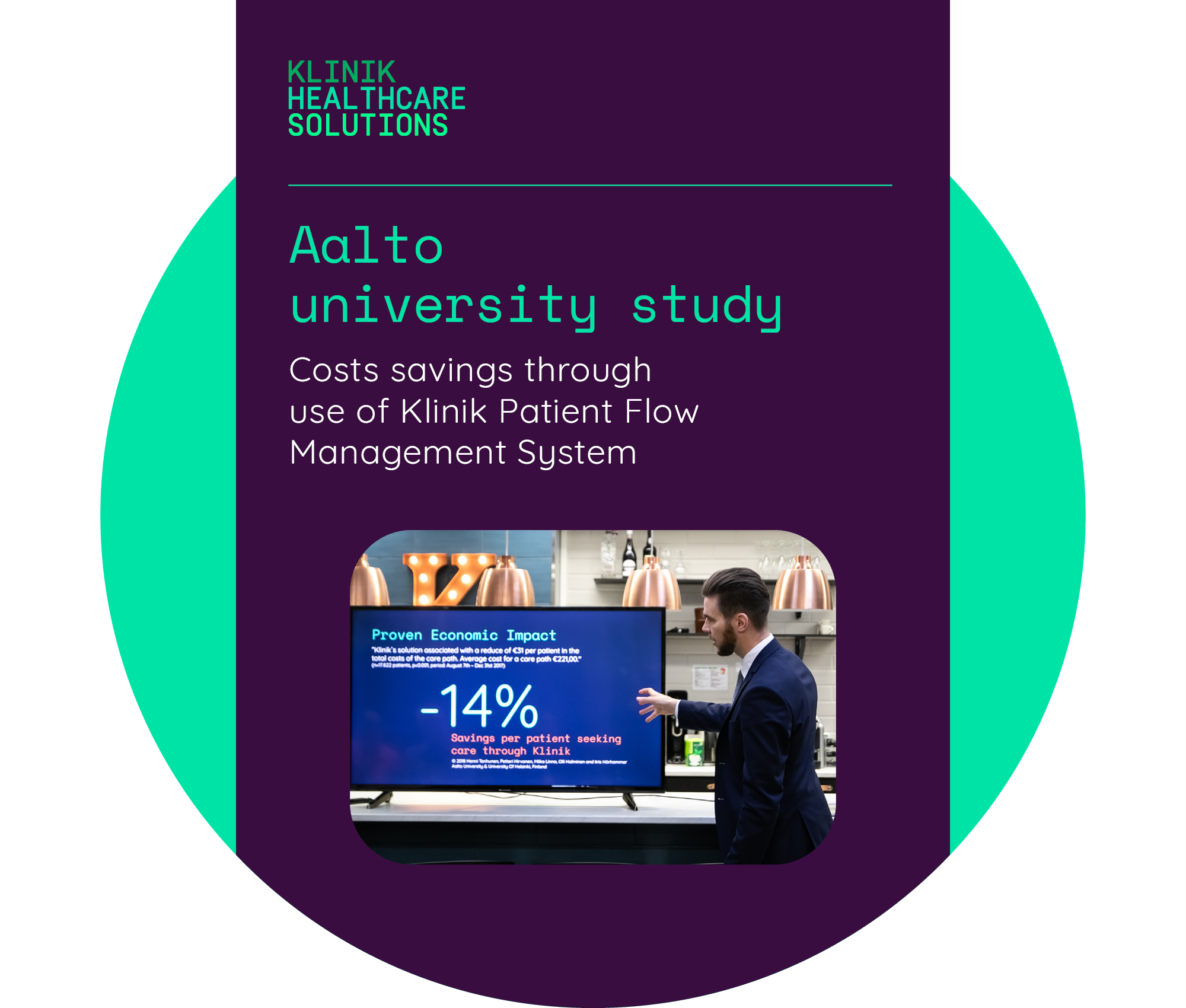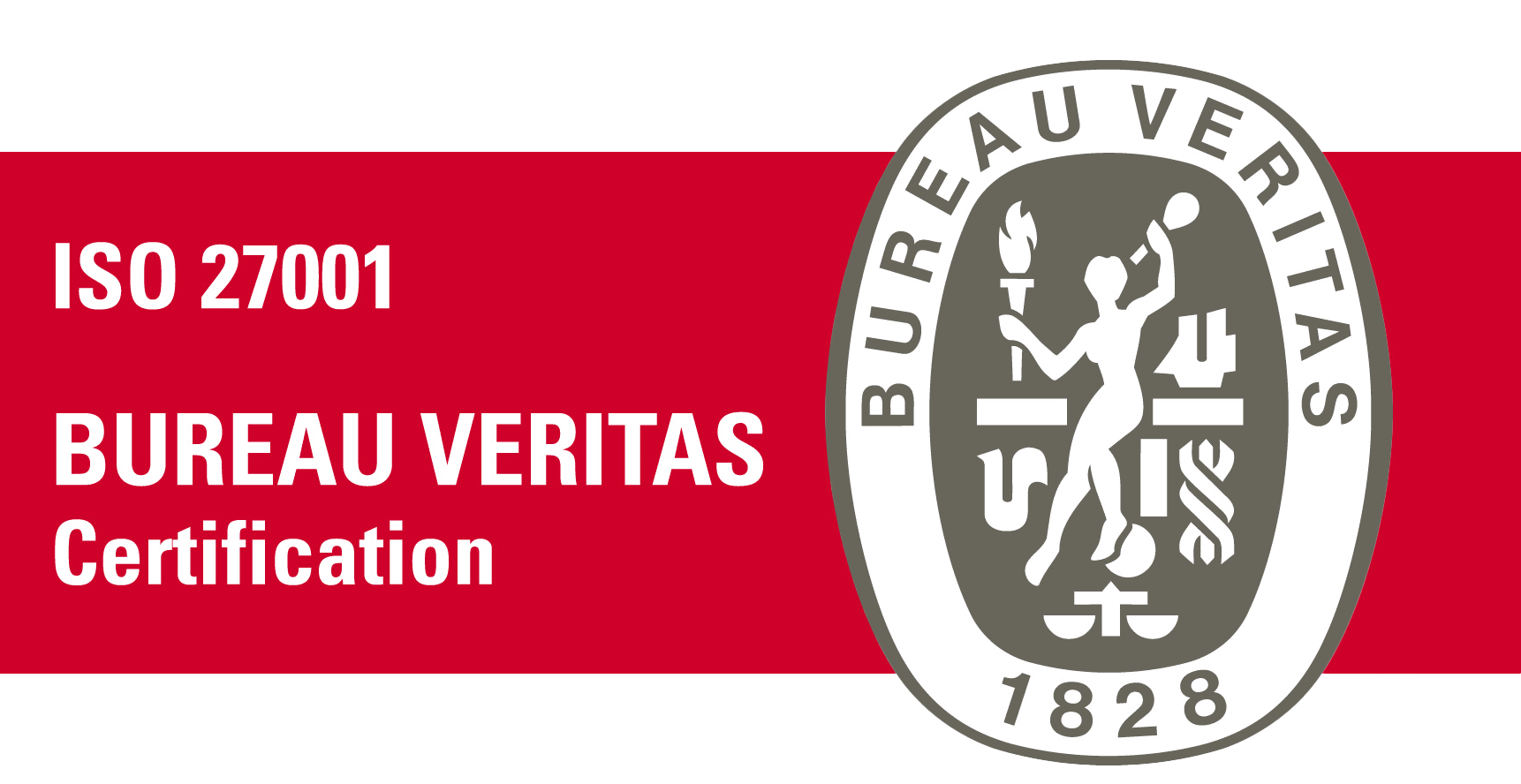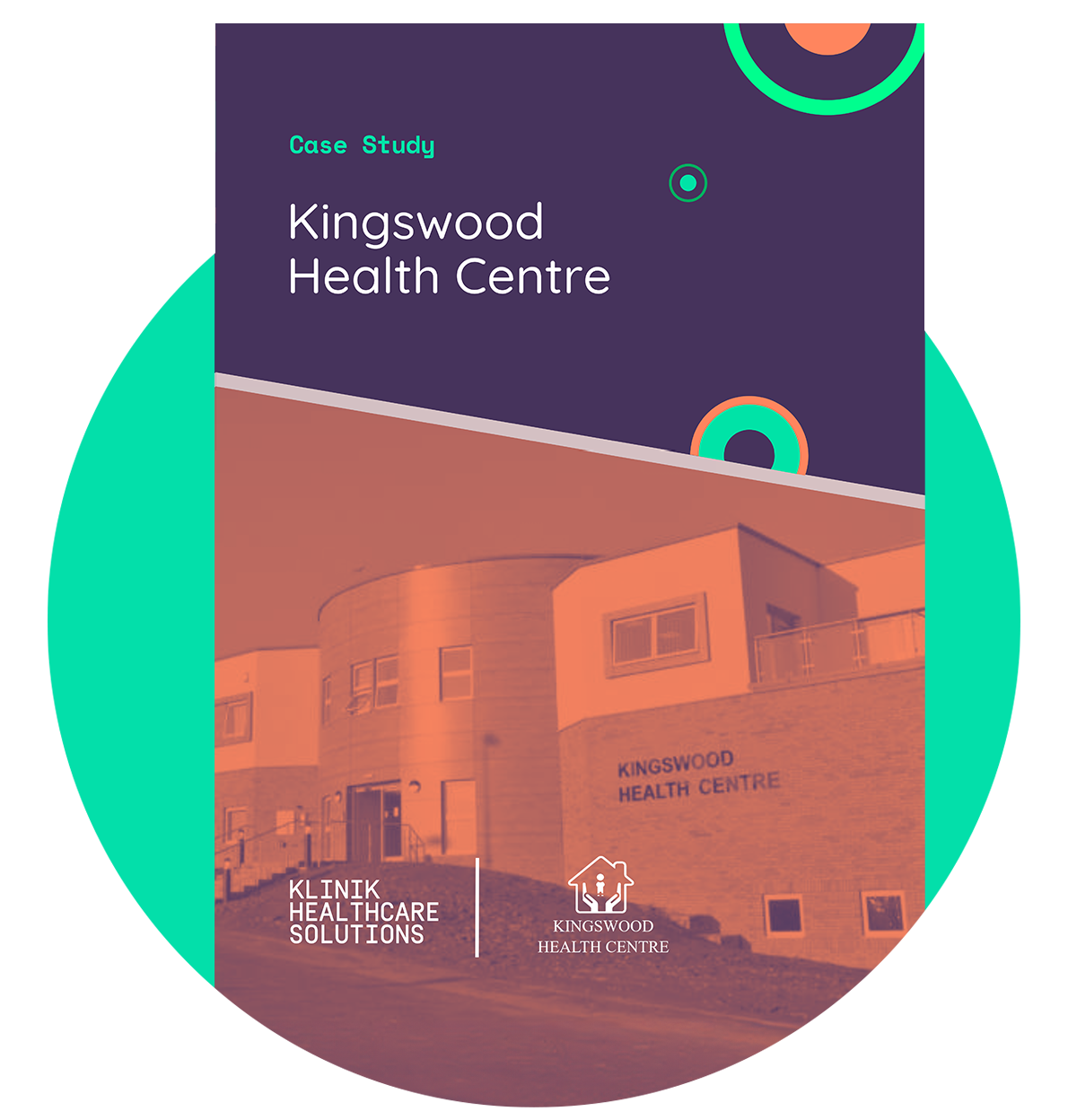
Case Studies
Klinik online triage system is live in 300 NHS GP practices in the UK and in +200 healthcare centres in Finland, Ireland, Portugal and Netherlands. Have a look at our case studies and see how we have transformed GPs’ way of working.
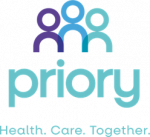

“Now Klinik is in place, we don’t ever want to go back. Our reception staff feel less pressured - and the whole team feels that they are better placed to deal with all incoming queries. We can breathe now.”
Trupti Chauhan
Operations Manager, Roxbourne Medical Centre
Kingswood Health Centre Case Study
The Kingswood Health Centre struggled to accommodate and offer every patient an appointment while using a system that allocated appointments on a 'first-come, first-served' basis, leading to a large backlog of appointment requests and clogged phone lines.
Recognising that care was not always easy to access for patients and that staff struggled to consistently direct patients to the most relevant point of care, first time, Kingswood Health Centre partnered with Klinik to implement our online access and digital patient triage solution.
Now, with more patients choosing to access care online, and critical details captured through the Klinik system, staff have both time and information needed to make accurate, rapid triage decisions - improving patient access and reducing levels of staff stress.

Bridge View Medical Case Study
Struggling with patient demand and overwhelmed phone lines, Bristol-based GP Practice Bridge View Medical required a patient access solution that addressed critical bottlenecks in patient access.
With patients frustrated by long wait times and seemingly endless telephone queues, and staff demoralised by factors that hindered their ability to offer patients the care they needed, it was critical that the practice introduced a more efficient way of managing access and triage.
Bridge View Medical turned to Klinik, implementing our online digital triage and patient flow system to transform how patients accessed care. Read more in the full case study.

The Fullwell Cross Medical Centre Case Study
Inundated with telephone calls from patients seeking appointments with a GP, Fullwell Cross Medical Centre was struggling to meet demand for care.
The centre, which had been allocating appointments to patients on a 'first-come, first-served' basis, found itself lacking the necessary capacity to offer every patient an appointment.
Recognising that appointments were not always offered to patients based on a specific clinical need, Fullwell Cross partnered with Klinik to implement a new triage process that would ensure patients were directed to the appropriate point of care based on genuine need, rather than demand.
By adopting Klinik, Fullwell Cross has reduced the pressure on practice capacity, enabling it to offer an appointment to all patients who need one, and creating more time and space for GP's and reception teams to do their best work.
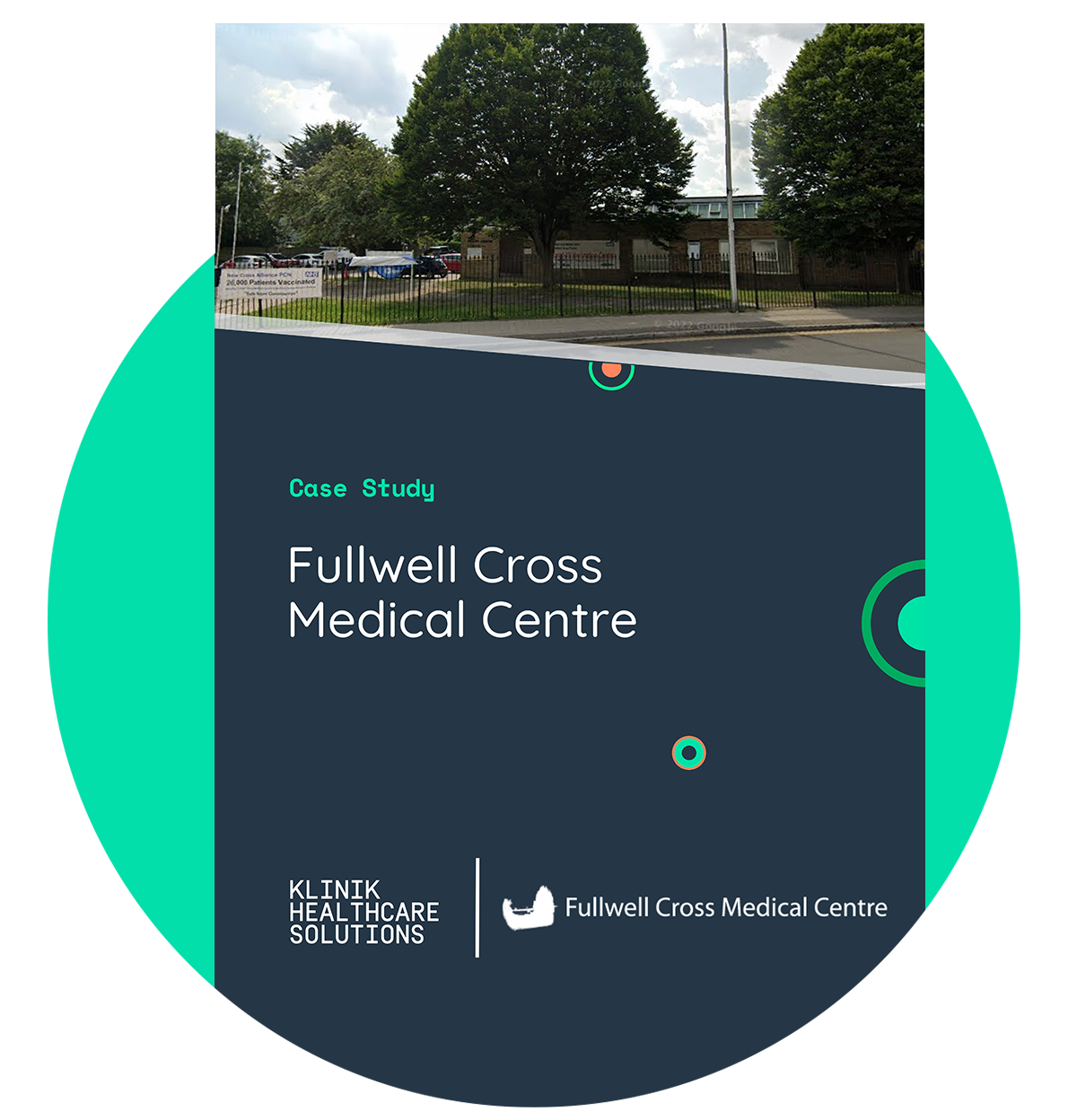
The Adam Practice – Case Study
Dorset’s The Adam Practice partnered with Klinik to ensure that any patient who needed an appointment urgently was able to get one – and that no patient had to wait longer than was absolutely necessary.
Following a comprehensive onboarding, The Adam Practice has met that goal, with all enquiries provided with an outcome in 5 days, or same day if urgent. Patients now wait just two weeks for routine appointments – a two-thirds reduction. Staff capacity has been boosted too, with a 20% reduction in inbound phone calls, and significantly fewer extra appointments added to the rota every week.
Carolyn Hattersley, Executive Manager, shares how “Klinik has been a game changer for us to be honest, we're able to customise it to our own needs
Learn how the Adam Practice used Klinik to reexamine patients’ experience – and continue to do so with Klinik’s support.
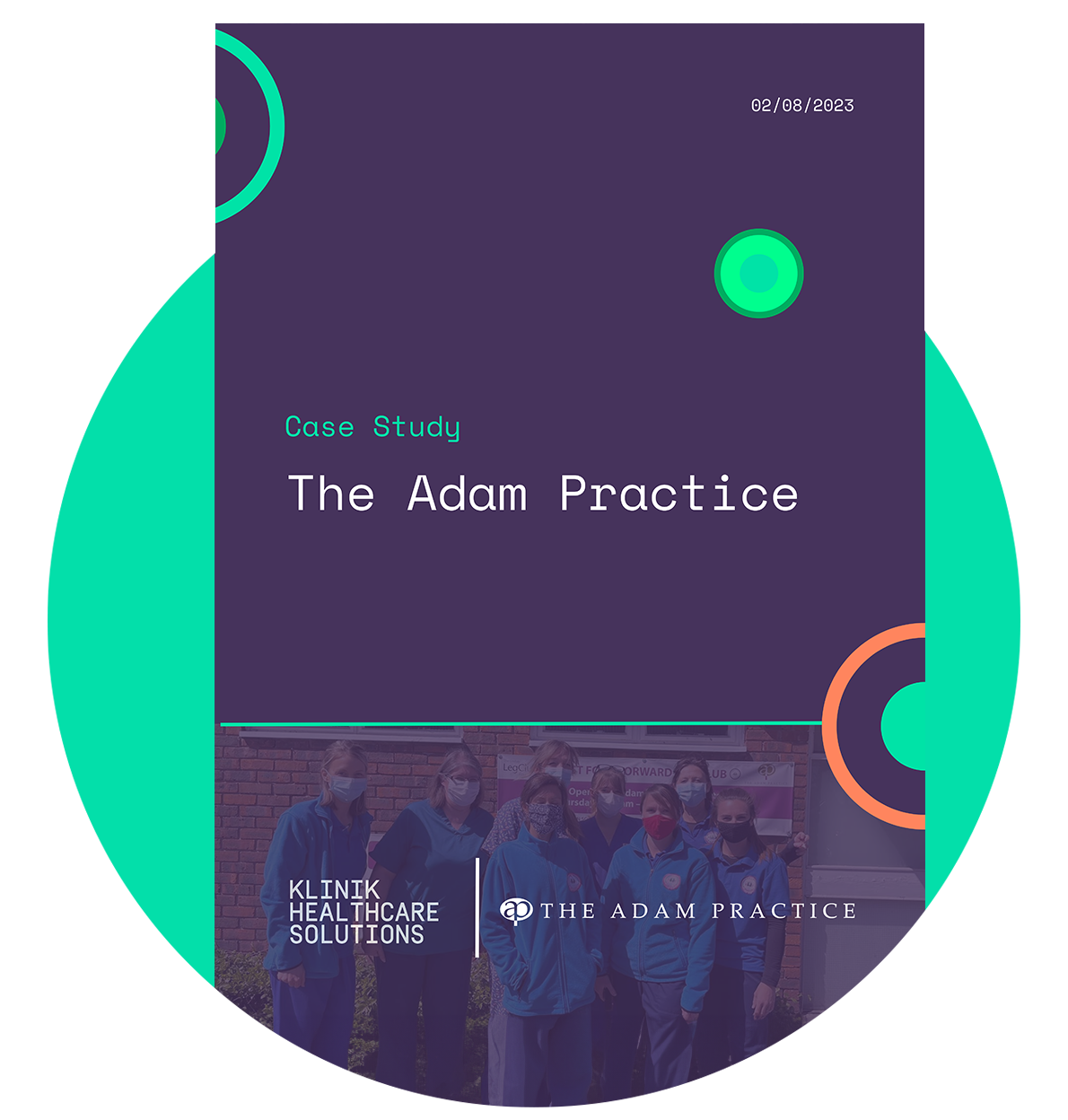
The Firs Medical Centre Case Study
Under new management, the caretaking providers of The Firs Medical Centre faced the difficult job of rebuilding the GP practice and restoring the local population's trust. Within a matter of weeks, the GP practice was able to offer patients a brand new digital ‘front door’ to its services. The practice shares how working with Klinik has enabled them to transition from providing reactive to proactive care.
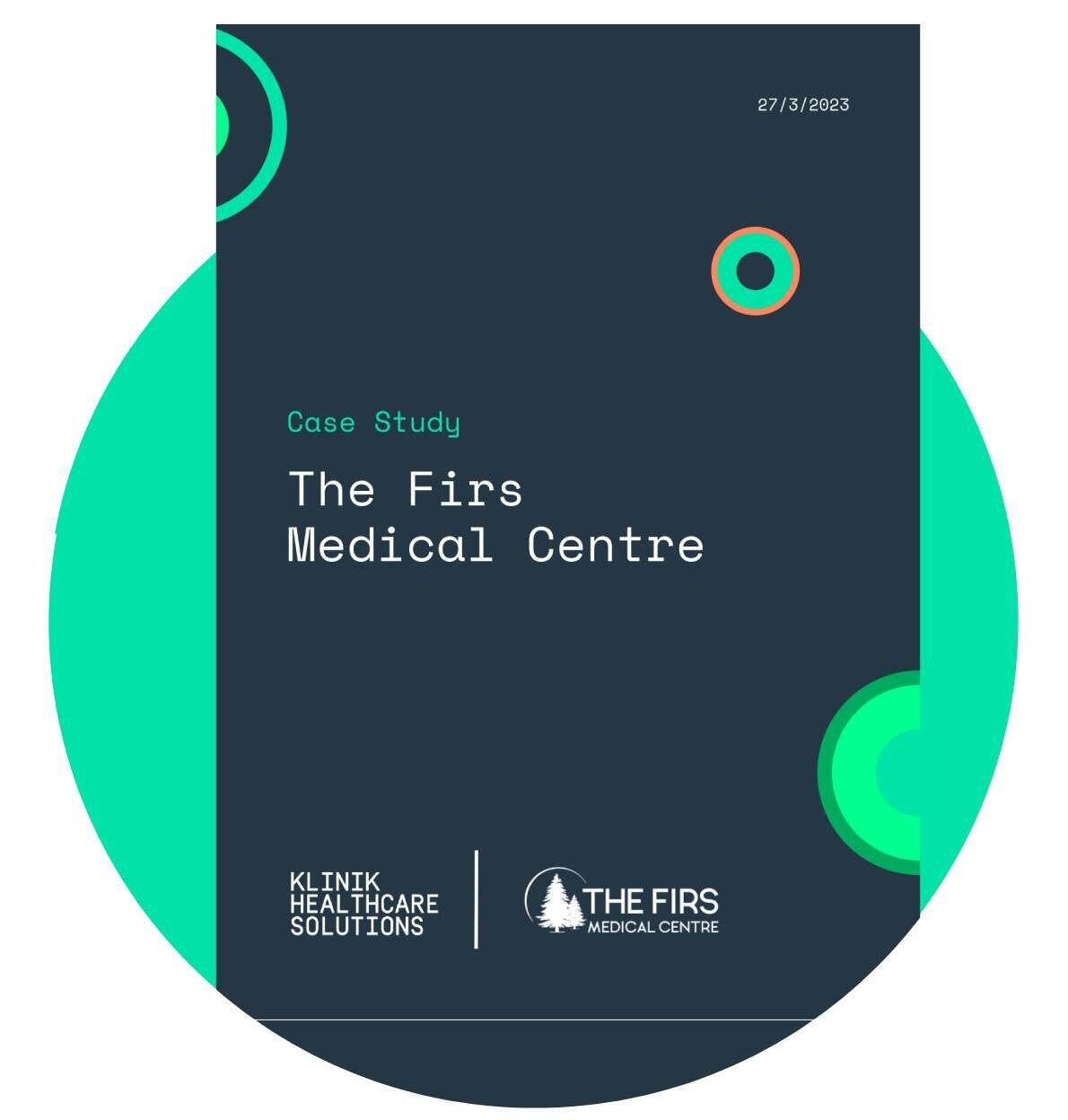
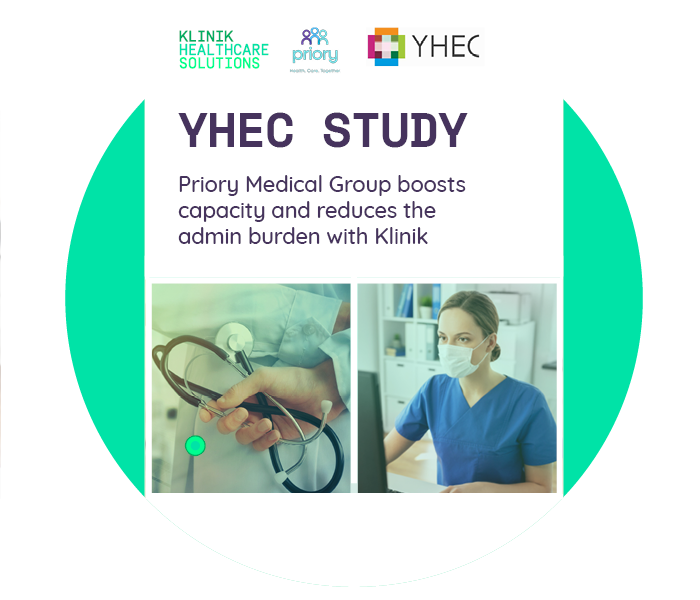
Carn to Coast Health Centres Case Study
Faced with recruitment challenges and increasing workload, Carn to Coast Health Centres saw how neighbouring surgeries were using Klinik to help provide a more efficient service. Now with the online triage solution in place, the Cornish four-site practice can safely prioritise the needs of the 31,000 patients.

Priory Medical Group Case Study
Priory Medical Group shares how working with Klinik has enabled the PCN to improve the patient journey, boost staff satisfaction and adapt its workforce to known local needs.
Klinik’s clinically-supervised AI solution is able to indicate the priority and urgency of cases to practice staff. This helps Priory allocate appointments according to clinical need, providing much more equitable access to care. The system also helped measure the actual demand faced across the PCN’s nine sites.
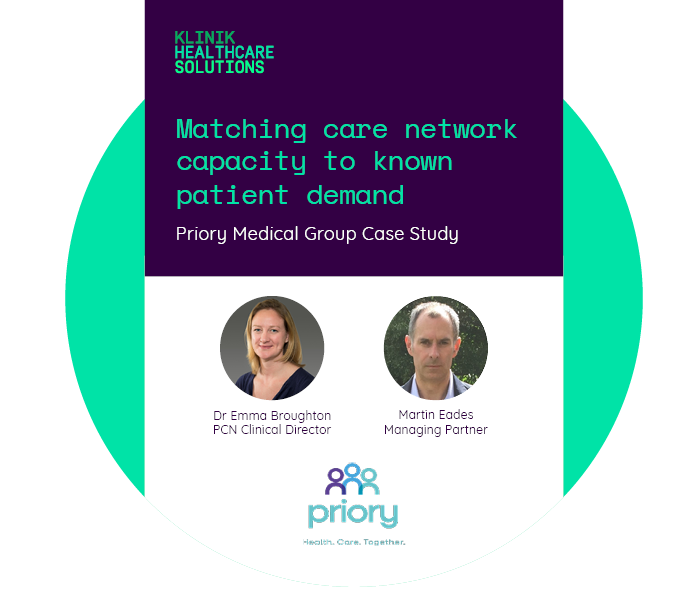
Portland Medical Centre Study
Klinik is saving London’s Portland Medical Centre 3 to 4 GP sessions per week despite a growing patient list and huge demand for care. The innovative online triage and patient flow management technology is ‘the best thing since sliced bread’, says Flemming Jensen, Business Manager of Portland Medical Centre.
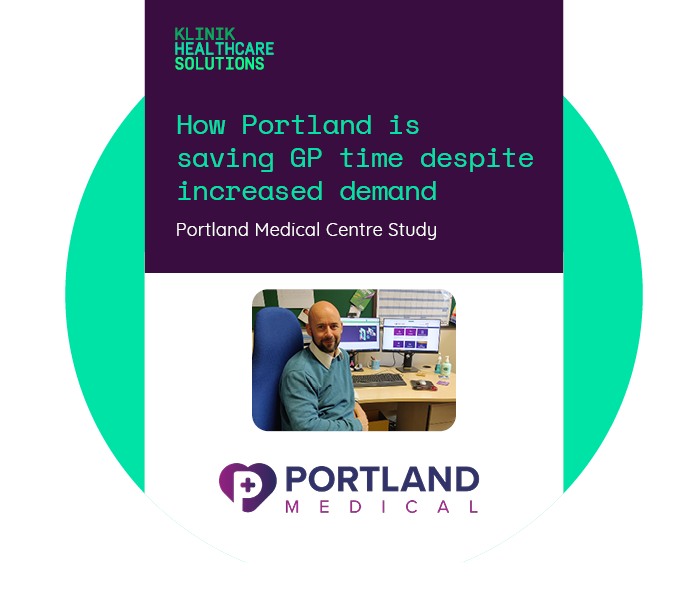
Haxby Group Case Study: Changing the face of general practice
Haxby Group reveals how Klinik is helping to change how general practice is meeting the needs of patients and professionals.
”We have much more accurate information on the time and volume of demand. We know how much resource we need at particular times of day, and we can see what type of care people need.”
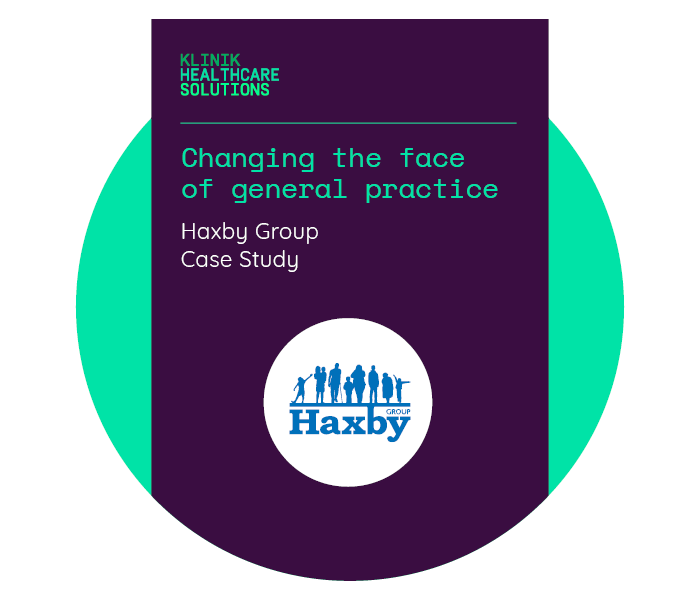
Harrow Health – A digital triage case study
Harrow Health GP Federation is using Klinik's innovative digital triage technology to ease the pressure on the NHS primary care. Chair Kanesh Rajani describes how using Klinik is changing the face of general practice.
Roxbourne Medical Centre Case Study
Online triage systems have brought clinicians face to face with the volume of unmet demand in general practice, and some have found it difficult to manage. One practice that is excelling at managing this demand is Roxbourne Medical Centre. With smart processes, great teamwork and Klinik's technology, the London practice has been able to manage the demand it faces without having to increase headcount. Now staff would never go back to the old ways of working.
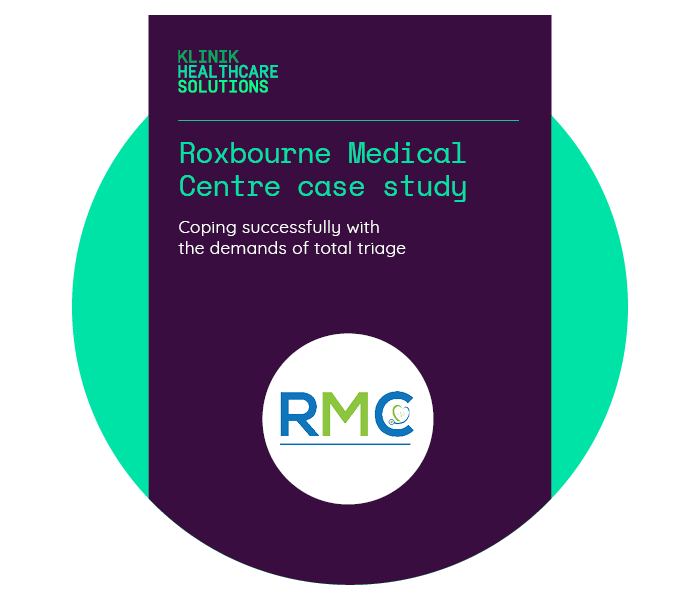
Church Street Medical Centre Case Study
Ireland’s Church Street Medical Centre had to react when the Covid-19 pandemic hit, and feedback from customers of Klinik’s innovative online triage solution convinced it to make the leap. As a result, both patient and staff satisfaction has improved, a consistent triage process has enhanced the delivery of care, and the primary care provider is now ready to face ever-growing demand with a solution that can help spread practice workload.
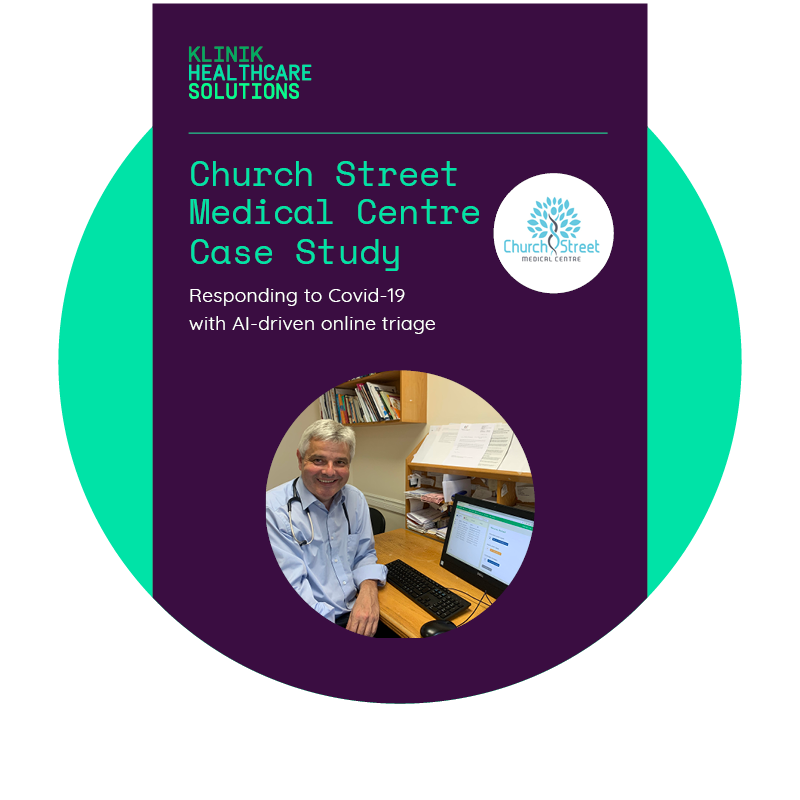
Haxby Group Case Study: Tasking technology with increasing efficiency
Haxby Group, a leading provider of community-based healthcare managing 11 GP surgeries across York and Hull is the first in the UK to take full advantage of the Klinik Access solution. Haxby Group’s main objective was to increase efficiency through a digital–first approach across all its communications. A secondary objective was to be more targeted in its care offering by gaining a deeper insight into their patient demographic and strategizing their workforce accordingly.
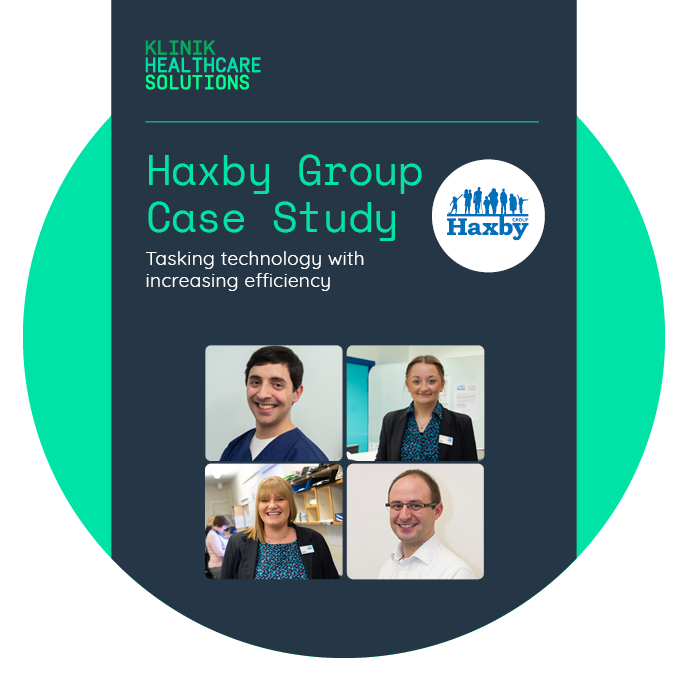
Aalto university study: Costs savings through use of Klinik Patient Flow Management System
Researchers at Aalto University’s HEMA Institute in Helsinki, Finland, studied how much an AI-based Patient Flow Management System, Klinik Access, generated savings on average patient treatment costs. The research was conducted over a five-month trial period at a large primary healthcare centre in Finland. The results were clear and significant demonstration of the potential impact of artificial intelligence-based solutions in healthcare processes.
